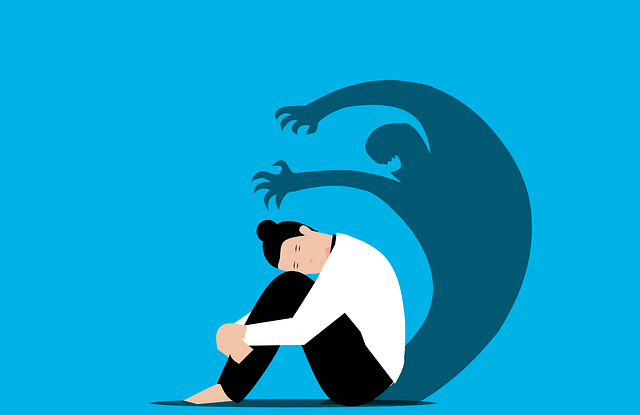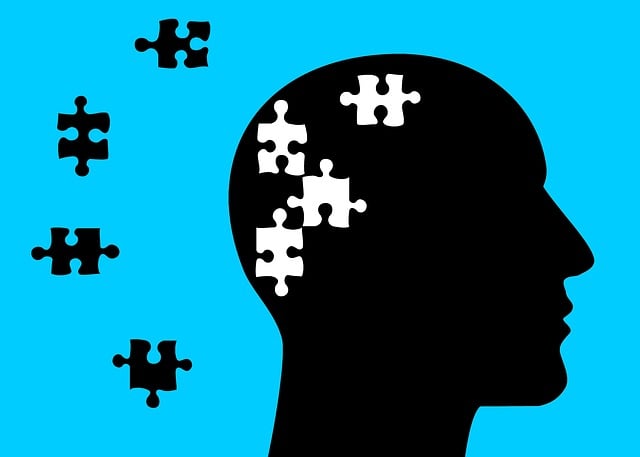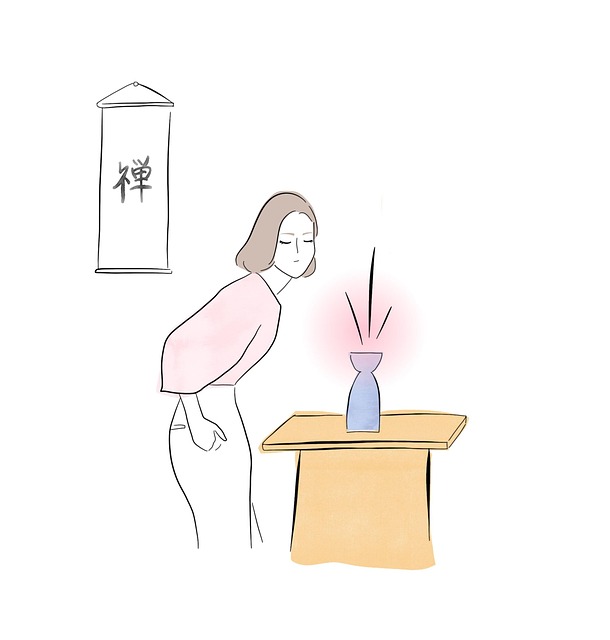Mental wellness groups modeled after Littleton Chronic Pain Therapy offer crucial, supportive communities for individuals dealing with various mental health challenges. Skilled facilitators create safe spaces through active listening and structured agendas, empowering members to share experiences, learn from one another, and gain insights. Tailored programs focused on mental health education, self-esteem improvement, and mind over matter principles revolutionize support systems, helping participants effectively manage their mental wellness journeys. This holistic approach enhances self-care practices, builds resilience, and fosters community through group discussions, collaborative activities, and the Mental Wellness Podcast Series.
Mental wellness group facilitation plays a pivotal role in enhancing collective well-being, especially in managing chronic conditions like pain. This article explores proven techniques employed by facilitators at Littleton Chronic Pain Therapy to create supportive environments. We delve into understanding mental wellness groups and their unique dynamics, offering strategies for effective sessions tailored to chronic pain management. Additionally, we highlight empowering participants as a key aspect of fostering long-term wellbeing within these therapeutic settings.
- Understanding Mental Wellness Groups: Creating a Safe Space
- Facilitation Techniques for Effective Group Therapy Sessions
- Tailoring Approaches for Chronic Pain Management
- Empowering Participants: Strategies for Long-Term Wellbeing at Littleton Chronic Pain Therapy
Understanding Mental Wellness Groups: Creating a Safe Space

Mental wellness groups play a pivotal role in fostering community and support for individuals facing various challenges. These groups create a unique environment where members feel understood and accepted, which is crucial for anyone navigating mental health issues. In the context of Littleton Chronic Pain Therapy, for instance, facilitating a supportive group setting can help participants manage pain and improve their overall well-being.
Creating a safe space involves establishing ground rules that encourage open communication without judgment. Facilitators should promote active listening and empathy among members, fostering an atmosphere where individuals feel comfortable sharing their experiences and learning from one another. By incorporating techniques like Mental Health Education Programs Design tailored to specific needs, enhancing Self-Esteem Improvement through positive reinforcement, and applying Mind Over Matter Principles, group facilitators can revolutionize the support system for participants, offering them tools to take control of their mental wellness journey.
Facilitation Techniques for Effective Group Therapy Sessions

Effective group therapy sessions require skilled facilitation to create a safe and supportive environment where participants can share their experiences, gain insights, and support one another. Facilitators play a crucial role in guiding discussions, ensuring all voices are heard, and fostering an atmosphere of trust and respect. Techniques such as active listening, open-ended questions, and reflective statements encourage participation and promote emotional expression.
In the context of Littleton Chronic Pain Therapy, facilitators can employ strategies like structured agendas to maintain focus on therapeutic goals. Burnout prevention is also essential for healthcare providers leading these groups, requiring ongoing training in cultural competency to address diverse participant backgrounds. Mental wellness journaling exercises guided by the facilitator offer an opportunity for reflection and self-awareness, enhancing the overall effectiveness of group therapy sessions.
Tailoring Approaches for Chronic Pain Management

In facilitating mental wellness groups for individuals managing chronic pain, such as those seeking Littleton Chronic Pain Therapy, it’s essential to tailor approaches that cater to diverse needs and experiences. This involves integrating various techniques from psychological theories and cultural competency training designed for healthcare providers. By incorporating these skills, facilitators can create a safe space where participants feel understood and empowered. Group sessions can offer unique benefits like peer support, shared coping strategies, and enhanced self-care practices—all vital components of chronic pain management.
The process may involve interactive activities, educational presentations, and open discussions that encourage members to share their personal journeys. Additionally, training in cultural competency ensures facilitators are equipped to address the unique challenges faced by individuals from diverse backgrounds. This holistic approach not only improves mental wellness but also promotes a sense of community among group members, fostering an environment conducive to learning and growth through the Mental Wellness Podcast Series Production and implementation of effective self-care practices.
Empowering Participants: Strategies for Long-Term Wellbeing at Littleton Chronic Pain Therapy

At Littleton Chronic Pain Therapy, empowering participants to take control of their mental wellness is a key aspect of long-term success. Group facilitation plays a crucial role in this process, offering a supportive environment for individuals dealing with chronic pain to share experiences and gain insights from one another. Through interactive discussions and collaborative activities, facilitators encourage participants to develop self-care practices tailored to their unique needs. This personalized approach boosts confidence and fosters resilience, empowering them to navigate challenges beyond the therapy sessions.
The strategies employed aim to prevent burnout, a common issue among individuals managing chronic pain. By fostering open communication, group members learn to set boundaries and prioritize self-compassion. These skills are vital for maintaining mental wellness, ensuring participants can continue their journey towards healing even after formal treatment concludes.
Mental wellness group facilitation plays a pivotal role in enhancing individuals’ well-being, especially at centers like Littleton Chronic Pain Therapy. By understanding the unique dynamics of these groups and employing tailored techniques, facilitators create safe spaces that foster healing and empowerment. The strategies outlined in this article provide a comprehensive guide to effective group therapy sessions, focusing on chronic pain management while emphasizing long-term participant wellbeing.














